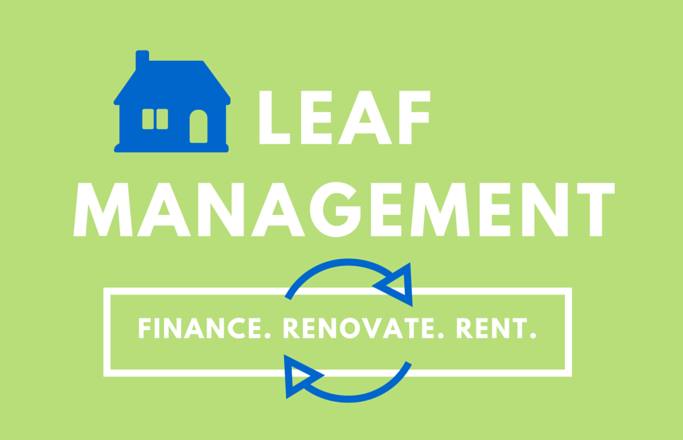Using 1031 strategies can be challenging as they have quite a few moving parts. Still, they can also greatly benefit real estate investors when increasing their net worth, business, and property profile. Meeting the rules of 1031 is important. Otherwise, your “property swap” won’t qualify for the 1031 deal, and you will have to pay the full taxes on the sales rather than paying the few to no taxes that you pay when you meet the requirements of 1031.
Keep in mind that to qualify for 1031, both properties involved in the deal must be located inside the United States. The properties are also usually similar in nature to qualify for 1031.
The following are two key ways a real estate investor can use 1031 exchanges to help them grow their business and property profile:
Use 1031 For A Vacation Home:
Sometimes taxpayers use the 1031 exchange to trade vacation homes. Later, the person sells their current residence and moves into the vacation home. Then, they can make it their primary residence and eventually sell it using their $500,000 capital-gain exclusion. The exclusion lets you sell your home along with your spouse and protect your $500,000 in capital gain if you have lived primarily in that residence for at least two of the last five years.
Many other investors rent out their vacation property for six months or a year before exchanging their current property for a new one.
Move Into a 1031 Swap Residence:
Many times, people swap their homes for a new second or primary residence. You can’t move into these residences right away. The “harbor rule” set forth by the IRS requires you to a) rent the unit out to another person for a fair rental for 14 or more days or b) your own personal use of the property cannot exceed 14 days or 10% of the time for the first 12 months after the swap or trade.
Conclusions:
Whether you want to use the 1031 exchange to swap vacation homes or move into a new residence, the 1031 exchange is a great way to build on your current wealth and continue your current wealth. You have to be sure that you are following the appropriate rules of all the 1031 exchange, or you will end up having to pay additional taxes to the IRS that you didn’t want to owe. Then you lose the advantage of the 1031 exchange deal.
